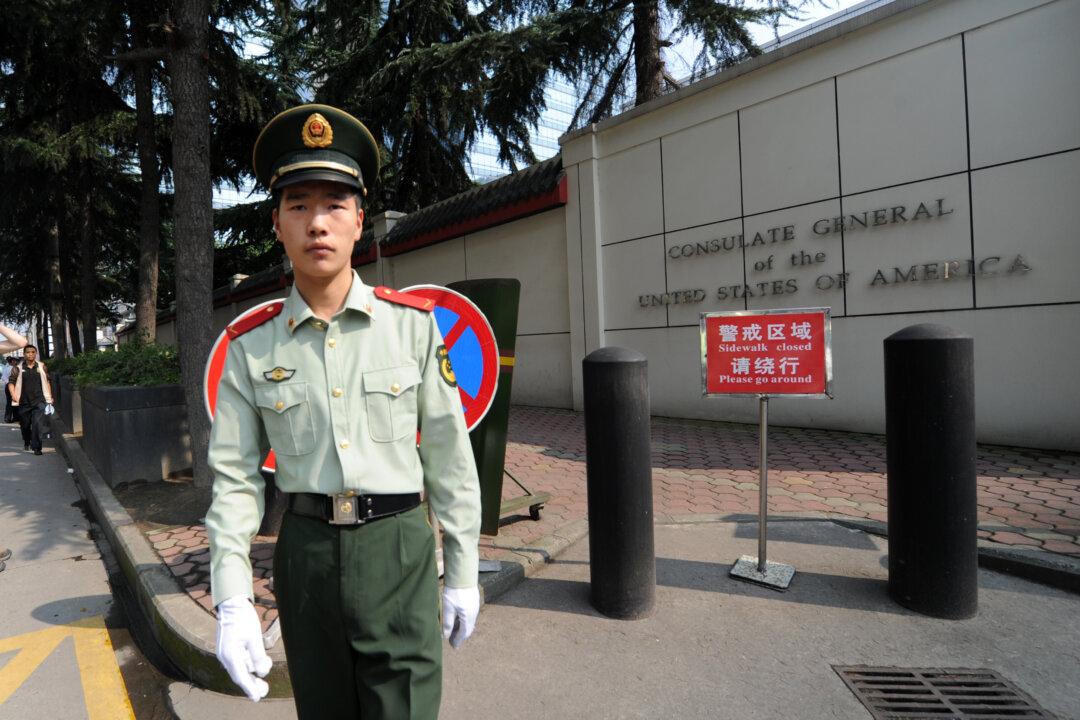The White House on July 24 urged the Chinese regime to avoid engaging in “tit-for-tat retaliation,” hours after Beijing ordered the U.S. consulate in Chengdu to shut down in response to Washington’s closure of the Chinese consulate in Houston.
“Our action to direct the closure of PRC Consulate General in Houston was taken to protect American intellectual property and Americans’ private information,” said National Security Council spokesperson John Ullyot in an emailed statement, referring to the People’s Republic of China.





